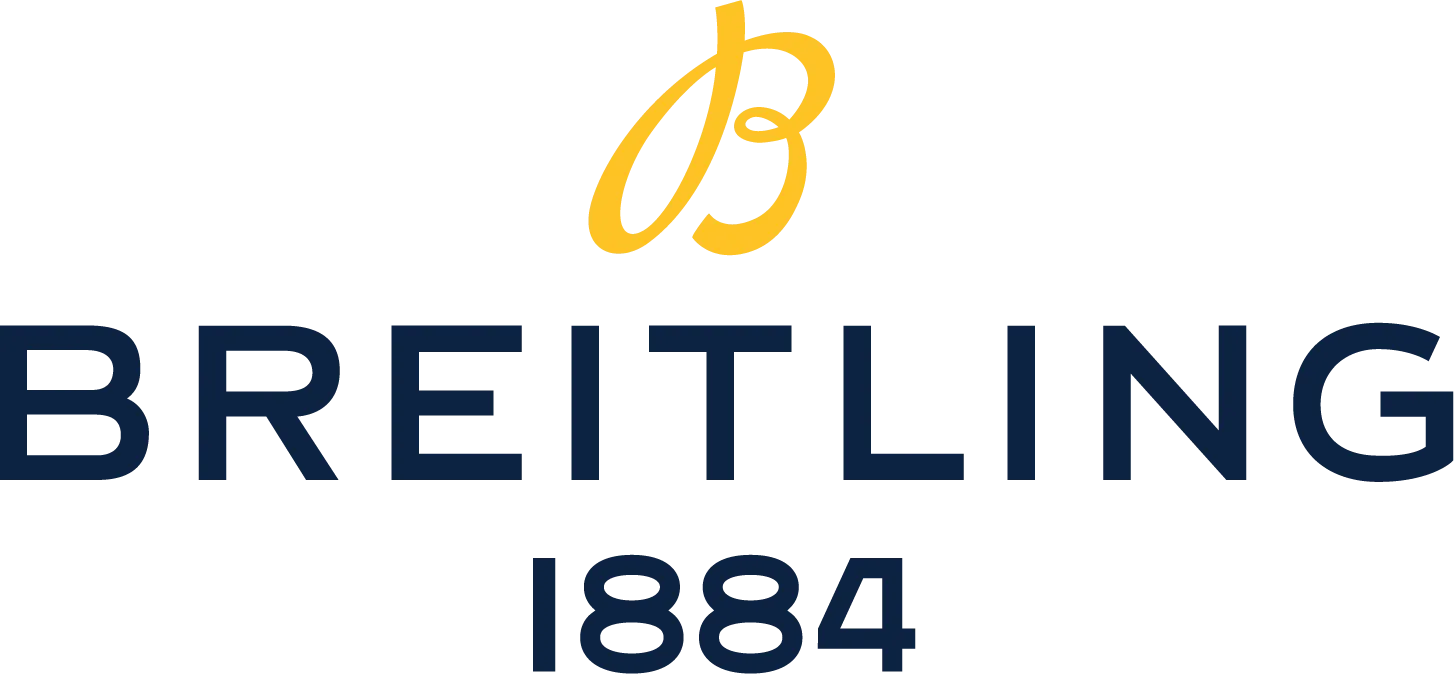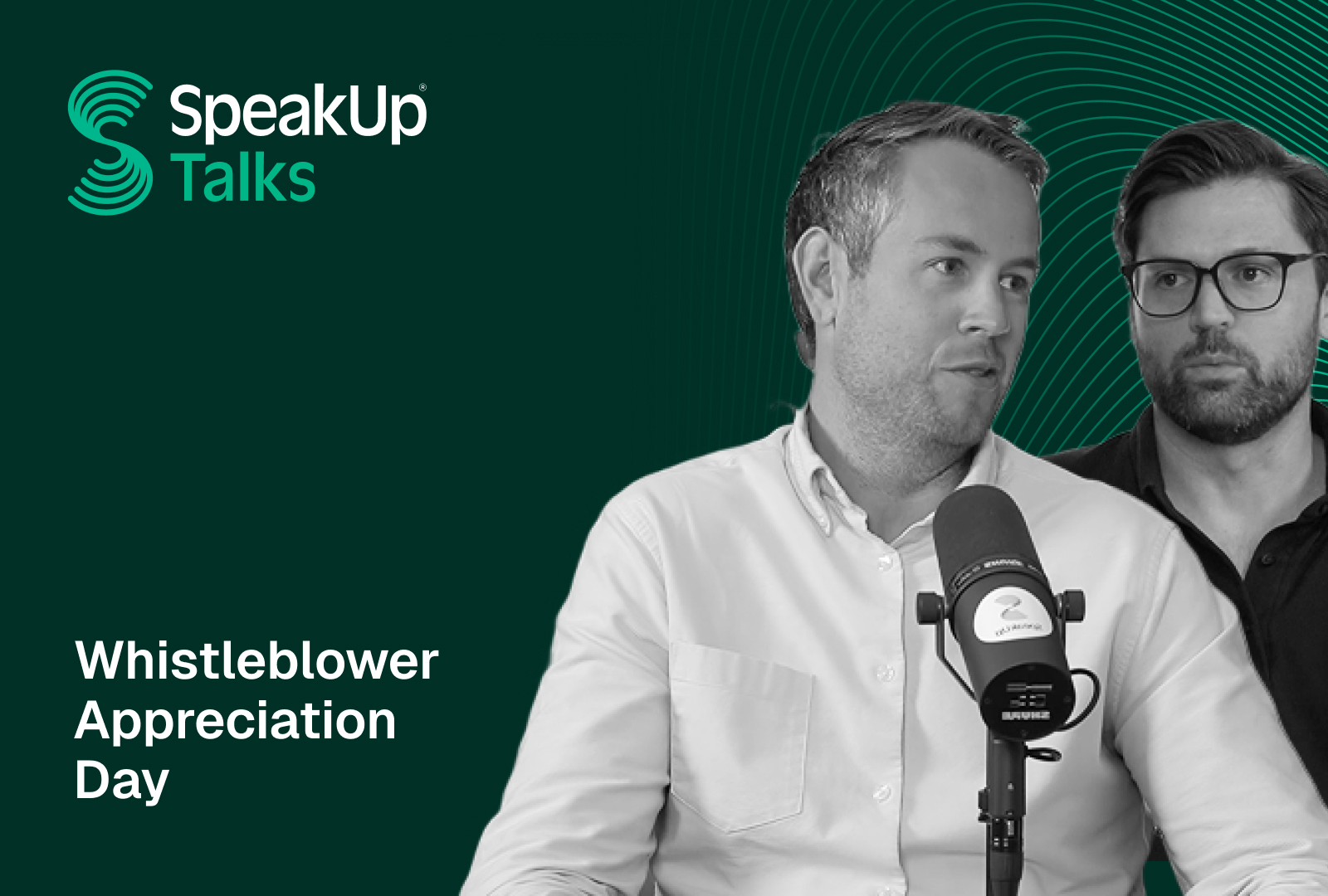Dag van de waardering voor klokkenluiders
In deze (Engelstalig) podcastaflevering van SpeakUp Talks wordt de nationale dag van de waardering voor klokkenluiders in de Verenigde Staten gevierd en wordt het belang benadrukt van klokkenluiders bij het bevorderen van ethische werkplekken. De dag herdenkt de Amerikaanse wet ter bescherming van klokkenluiders die in 1778 werd ingesteld naar aanleiding van de moedige acties van twee marineofficieren die melding maakten van misbruik. Ondanks de geboekte vooruitgang blijven vergelding tegen klokkenluiders en wangedrag in machtige posities een uitdaging vormen. De discussie legt de nadruk op de financiële en morele gevolgen van ongeadresseerd wangedrag en dringt er bij bedrijven op aan een cultuur te creëren die klokkenluiders ondersteunt. Leiderschap speelt een cruciale rol bij het bevorderen van transparantie en toegankelijkheid in rapportageprocessen.
Episode summary
This episode of SpeakUp Talks lands on July 30—National Whistleblower Appreciation Day in the United States—so we pause to recognize the people who speak up and the systems that help them do it safely. We set the stage with the origin story: in 1778, Continental Navy officers Samuel Shaw and Richard Marvin reported their commander, leading Congress to enact what’s regarded as America’s first whistleblowing protection law. The core truths from that moment still resonate—courage is required, retaliation is real, and protections matter.
Zooming to today, we talk about how fear of retaliation continues to suppress reporting—even where anonymous channels exist—and why leaders must assume that silence doesn’t equal health. When misconduct lingers in the shadows, uncertainty grows, morale drops, and performance suffers. At scale, scandals can drag down share prices, spark departures, inflate hiring costs, and create nine-digit shocks to the P&L—evidence that ethics isn’t a “nice to have,” it’s a resilience strategy.
We also highlight the human side. Even unreported issues weigh on people, sap focus, and spread through whisper networks—an organization always knows more than its systems reflect. Healthy cultures invite candor through multiple channels (surveys, reporting lines, conversations) and treat feedback as signal, not threat. It’s why “no reports” is rarely a victory lap.
So what actually works? Start with tone at the top: values must show up in hiring, accountability, and recognition—not just posters. Communicate the reporting journey clearly (what happens after a report, typical timelines, and confidentiality boundaries), make channels easy to find on public sites and intranets, and localize the message so “doing right” has concrete meaning in every region. Accessibility and clarity reduce fear and increase quality of reports.
We connect these practices to outcomes people feel: trust improves retention and productivity, while weak ethical climates ripple into stress and attrition. Research cited in the discussion underscores that employees are far more likely to stay when they trust the organization’s ethics—and companies that invest in culture see meaningful productivity gains. The math is simple: the cost of scandal often dwarfs the cost of compliance by a factor of three.
We close with a message to ethics and compliance professionals: keep going. Budgets may be tight and priorities crowded, but every campaign, communication, and tool that makes it easier and safer to speak up moves the culture forward. Progress compounds, and the work matters—to people and to performance.
Ruim 500 internationale organisaties kozen voor SpeakUp

.svg)











.svg)

%201.svg)

.svg)











.svg)

%201.svg)

